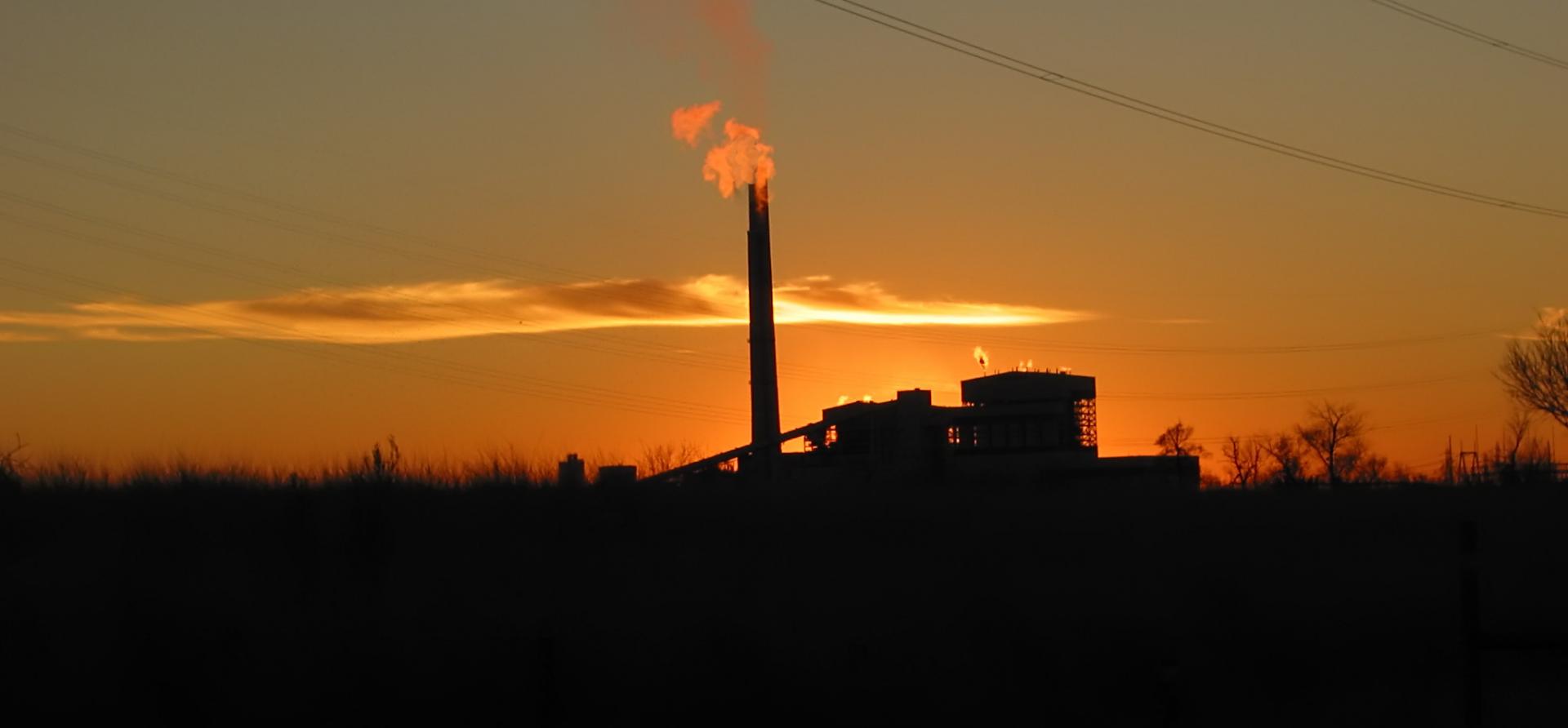IEEFA Australia: Why more gas won’t help Victoria

Key Findings
Opening up gas fields around Australia on a globally significant scale runs counter to the lowering of emissions to comply with Paris agreement commitments.
The oil industry spotted a business opportunity to use Bass Strait gas, originally a waste product, and developed the domestic gas market in Melbourne.
Gas use for power generation has fallen and plants lie idle, unable to afford globally uncompetitive gas. Much cheaper renewable energy has made gas obsolete.
Last week the Victorian government opened up onshore gas fields after lifting a ban that has stood since 2017.
The pressure exerted by the Federal government for ever more gas, aided and abetted by the gas industry peak body APPEA, has finally taken its toll.
The Victorian government has caved in for 20 pieces of silver, just as New South Wales did a few weeks ago.
The current rush to open up gas fields all around Australia on a globally significant scale runs counter to the message pushed by the State government that we should be lowering emissions to comply with our Paris agreement commitments.
Gas is a highly polluting source of greenhouse gas emissions.
THE GAS INDUSTRY EFFECTIVELY OWNS BOTH SIDES OF POLITICS. It is not a Liberal or Labor issue. APPEA sets the energy agenda in Australia. Its influence stretches from large donations to both major political parties all the way through to political connections at the highest levels. It is also well connected in the public service.
To understand the decision to re-open Victoria to onshore gas, we must first understand the history. The development of the Bass Strait was originally planned as an oil field. Gas was a by-product that was simply flared off on the oil platforms.
Gas was originally a by-product, flared off on the oil platforms
The oil industry spotted a business opportunity to utilise this waste product and developed the domestic gas market in Melbourne to heat homes, hot water and cooking. Gas was a cheap source of fuel to power industry and gas intensive manufacturing.
IN 2014 THE INDUSTRY OPENED TOO MANY EXPORT LIQUIFIED NATURAL GAS (LNG) FACILITIES IN GLADSTONE, Queensland. They overestimated the productive capacity of the new coal seam gas (CSG) fields that their export industry was based on. Costs blew out. The industry was not globally competitive and has financially been a disaster for the companies involved.
To recoup their failed investments the gas industry turned to the domestic market.
Australians pay far more for their gas than overseas consumers do for the gas we ship offshore
A handful of gas companies set the domestic price well above international parity prices. Australians pay far more for their gas than overseas consumers do for the gas we ship offshore.
Despite Australia being the second largest exporter of liquified natural gas in the world, we currently have four gas import terminals proposed to supply the domestic market. We’re in a nonsensical situation where so much of our gas is exported that we need to import it to supply the Australian market. This great rip-off of Australian consumers is like importing oil into Saudi Arabia.
PRICES ARE SO HIGH THAT DEMAND FOR GAS IN AUSTRALIA IS FALLING in all sectors of the market. It is simply too expensive to heat your home with gas, use gas for manufacturing or for power generation.
Technology is also over taking the need for this historic fuel in the Australian context. Reverse cycle air conditioners are cheaper to heat your home, heat pumps are more efficient at heating your water and induction stove tops is the technology that makes gas obsolete for cooking.
Much cheaper renewable energy has made gas obsolete
Gas use for power generation has fallen by 59% since 2014, as gas plants lie idle, unable to afford globally uncompetitive gas. Much cheaper renewable energy has made gas obsolete, except for very short periods of time. Gas intensive industry is moving offshore to locate a reasonably priced source of gas.
OUR VICTORIAN AND FEDERAL GOVERNMENTS ARE FIRMLY WEDGED IN THE PAST promoting a fuel that drives dangerous climate change. The government could be transitioning the domestic consumer out of gas in line with our Paris commitments to lower emissions. It could be preserving our gas for industry by actively lowering demand. It could enact a domestic gas reservation policy to ensure reasonably priced gas for all Australians.
Times have changed. Unfortunately, the influence of the gas lobby APPEA hasn’t. We need a better plan for Victoria, rather than reliance on a fossil fuel long past its use-by date.
Bruce Robertson is a gas/LNG analyst with IEEFA.
This article first appeared in Renew Economy.
Related links:
The crash in global gas prices should mean a drop in electricity and gas prices in Australia
PM is locking Australians into high gas prices and a carbonised future















